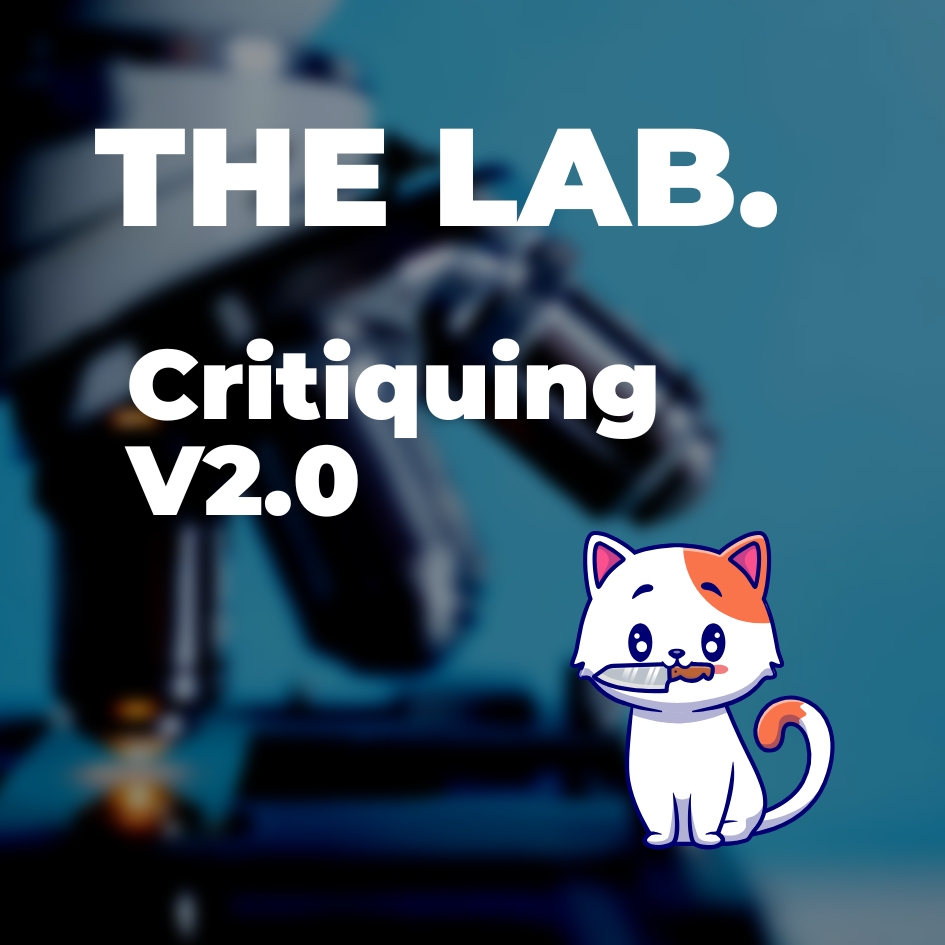Today's Book News Friday, 14th November, 2025
The book publishing landscape is dominated by financial news, leadership changes and technology innovations. Industry voices debated favourite AI hacks and welcomed Amazon’s beta of Kindle Translate, which aims to help authors reach global audiences.
Webtoon Entertainment, which owns Wattpad, reported that third‑quarter revenue rose 8.7% year‑on‑year to $378 million, but higher costs for marketing, personnel and content pushed the company to a net loss of $11.1 million. The company highlighted an expanded relationship with Disney that will include taking a 2 per cent stake in Webtoon, yet warned that Q4 revenue could decline compared with Q3. Shares fell about 20 per cent on the results.
Music subsidiary BMG’s chief executive Thomas Coesfeld will take over as chairman and CEO of Bertelsmann in 2027, replacing long‑time leader Thomas Rabe. Coesfeld is the grandson of company founder Reinhard Mohn, and his appointment marks a return of family leadership to the German media conglomerate. Bertelsmann said his brother Carsten was also considered; Rabe will remain until the end of 2026 to ensure a smooth handover.
Penguin Random House and nonprofit First Book are celebrating their 25‑year partnership with virtual events on 17 November. Over the quarter‑century they have donated 42 million books to children, and they now plan to quadruple that number, aiming to reach 27 million young readers by 2030. The initiative emphasises the role of reading in building empathy and counters a decline in children reading for pleasure.
Newly released government emails reveal that journalist Michael Wolff corresponded with convicted sex offender Jeffrey Epstein between 2015 and 2019, advising him on how to repair his public reputation and how to respond to questions about Donald Trump. The messages show Wolff strategising with Epstein’s publicists in the period after Epstein’s first stint in prison.
A Hamburg court ruled that OpenAI’s ChatGPT violated copyright by training on nine copyrighted German songs. OpenAI argued that users, not the company, were responsible for any misuse of copyrighted material, but the court rejected that claim and ordered damages. The company also faced criticism in a separate New York case for objecting to restrictions on its generative‑AI chatbot.
In a podcast conversation, Grand Central editor‑in‑chief Colin Dickerman discussed his sister Laura’s novel “Hot Desk” and his role advising writers on the TV show “Younger.” Dickerman shared publishing insights with the show’s writers’ room, providing industry details that informed storylines, and reflected on the overlap between fiction and real‑world publishing dynamics.
Publishers Marketplace introduced an auto‑complete function for its deal reporting forms, allowing users to match agent and author names more quickly and reducing data‑entry errors. The improvement aims to speed up the process of posting deals while enhancing accuracy, especially for those entering large numbers of deals.
The latest personnel news includes Sydney Shiffman being promoted to agent at Creative Artists Agency, Gary Goldstein joining Dusty Saddle Publishing as executive editor, and editor Lindsay Guzzardo launching her own Keystone Literary Agency to represent adult fiction and nonfiction authors.
Bookshop chain Waterstones announced three regional books of the year: Wendy Erskine’s novel “The Benefactors” (Irish), Tom Newlands’s “Only Here, Only Now” (Scottish), and Anthony Shapland’s “A Room Above a Shop” (Welsh). The selections highlight rising voices from across the UK and Ireland.
Octopus imprint Brazen acquired “My Person,” an “exhilarating” debut novel by Téa Mutonji. Described as a bold exploration of two lifelong best friends locked in an emotional deadlock, the book is expected to resonate with readers seeking authentic female‑friendship narratives.
Orbit has bought “Seam Ripper,” Anna Fiteni’s adult debut. The gothic romantic fantasy is set in an Italian fashion house in 1898 London and follows a woman who repairs garments and uncovers dark secrets. The acquisition continues Orbit’s investment in historical fantasy with strong romantic elements.
Headline Welbeck will publish “Tank Command: How the Tank Changed the Face of Battle” by former commander Hamish de Bretton‑Gordon. The book promises a gripping account of tank warfare and its evolution, drawing on the author’s first‑hand experience as a military leader.
Walker Books is expanding its graphic‑novel list with “The Victors,” the debut young‑adult graphic novel by Wren James and Beth Fuller. The story explores what happens after the chosen one saves the world, offering a fresh twist on the fantasy‑hero trope and appealing to YA readers.
The team behind the bestselling graphic novels “Illegal,” “Global,” and “Artemis Fowl” is creating a new graphic novel called “WAR” for Hachette Children’s Group. Eoin Colfer, Andrew Donkin and illustrator Giovanni Rigano promise another timely adventure blending action with social issues.
BookBrunch announced that Emma House will write a regular column exploring how publishing serves as a form of science diplomacy. The column will examine the evolution of academic and scholarly publishing and the ways it fosters international collaboration and knowledge exchange.
Publisher LEAP has signed science‑backed titles from psychologist Dr Deepika Chopra and Action for Happiness director Dr Mark Williamson. The books, focusing on optimism, happiness and the science of wellbeing, reflect growing consumer interest in positive‑psychology publishing.
Pan Macmillan has acquired Robert Hardman’s forthcoming biography “Elizabeth II – In Private. In Public. Her Inside Story.” Billed as offering fresh details about the late queen’s private and public life, the book will draw on new access to archives and interviews.
Author Rachel Pattinson, who recently won a major children’s book award, explains why she chose to self‑publish her debut novel rather than waiting for a traditional publisher’s approval. She argues that modern tools allow writers to take control of their careers and urges aspiring authors not to delay pursuing their stories.
Industry figures are urging the publishing sector to safeguard the future of inclusive storytelling after several organisations championing representation in children’s books announced closures. The article notes that diversity initiatives remain crucial for bringing marginalised voices to readers and warns against complacency.
More than 200 writers, illustrators and publishers signed an open letter calling on the United Nations to involve creative professionals in developing storytelling strategies to address the climate crisis. The signatories argue that narrative and art can inspire public engagement and push policymakers toward meaningful climate action.
The Bookseller previewed its 2025 FutureBook programme, highlighting a talk by National Year of Reading campaign director David Hayman, a case study with ElevenLabs’ Hugo Rayne on using voice AI in audiobooks, and a discussion on digital growth featuring Bookouture MD Jenny Geras. The conference will explore how technology is reshaping publishing.
Quill & Quire reported on the Writers’ Trust Awards, where Leanne Betasamosake Simpson won the Hilary Weston Writers’ Trust Prize for Nonfiction and Maria Reva claimed the Atwood Gibson Writers’ Trust Fiction Prize. Roza Nozari received the Dayne Ogilvie Prize for LGBTQ2S+ Emerging Writers, while other prizes went to poet Bren Simmers, children’s author Sheree Fitch, illustrator Julie Flett and novelist Kim Thúý.
In a round‑table post, contributors to The Scholarly Kitchen shared their favourite ways to use AI. Several praised Microsoft’s Copilot for helping to generate complex Excel formulas; others use ChatGPT for idea generation, summarising long documents and restructuring writing; some employ Claude to brainstorm design ideas and improve clarity. The group stressed that AI tools are best used as aids, not replacements for human judgement.
Amazon has launched a beta “Kindle Translate” tool to help authors translate their Kindle titles into multiple languages using AI. Only about 5 per cent of current Kindle books are available in more than one language, so the tool aims to make translation more affordable and open up global markets for indie authors. The service currently translates between German and English and between English and Spanish, with authors able to preview the output before publication.



